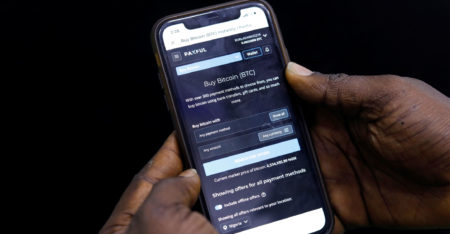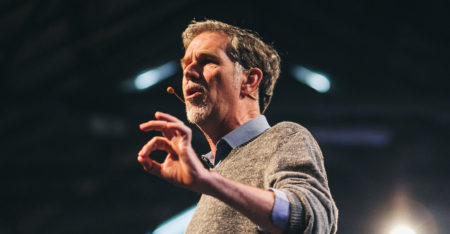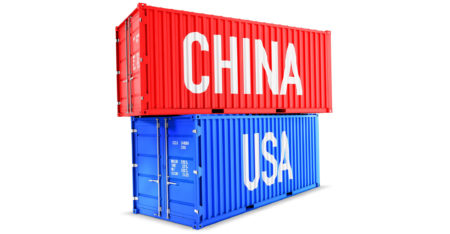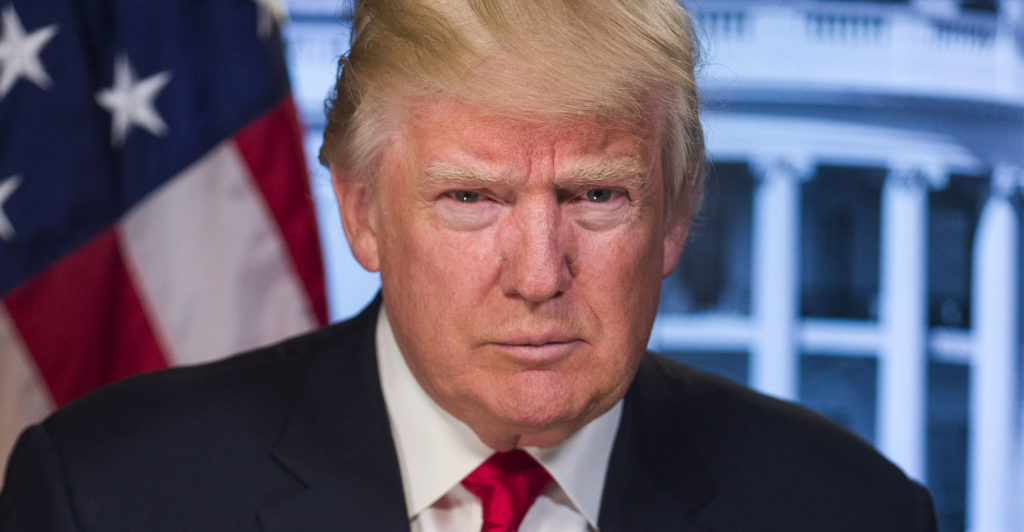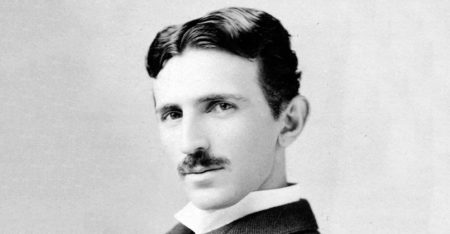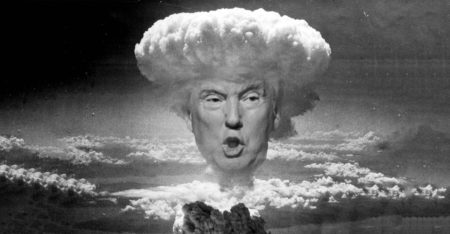It’s being driven by payments from small businesses as well as remittances sent home from migrant workers, according to new data.
Browsing: In-depth
About three years ago, Reed Hastings set out to answer a question that had bedevilled Hollywood for the past decade: How did a small DVD-by-mail company build the most popular TV service in the world?
The Trump administration’s campaign against Chinese apps and China’s counter-response are contributing to a problem at the heart of the global economy.
A promising new family of materials known as halide perovskites – semiconductors that conduct charges when stimulated with light – could have a transformative impact on the global energy market.
Imagine a bidder wanting to buy KFC, but being told the deal might not include the Colonel’s seven secret herbs and spices. That’s effectively what Beijing has told the list of US companies keen to purchase TikTok.
Despite its superficially frivolous nature, young people have been using TikTok to send political messages, coordinate political actions and hang out in an online space largely free of adults.
Half a decade ago, the billionaire founder of Epic Games sparred with Microsoft over the way the software giant treated small application developers. Now he’s launched a legal broadside against Apple and Google.
Most people have heard of Nikola Tesla, thanks, perhaps in part, to the electric car company founded by Elon Musk that took his name. But few know much about his remarkable place in modern technology.
A new US edict limiting Huawei’s access to technology is more than just an incremental measure against the Chinese giant. It threatens to kill the company, which invites retaliation from Beijing.
Apple has failed to adapt to the outsized role it plays in the smartphone market. A dispute with the makers of the popular Fortnite game app brings that failure into the spotlight.


